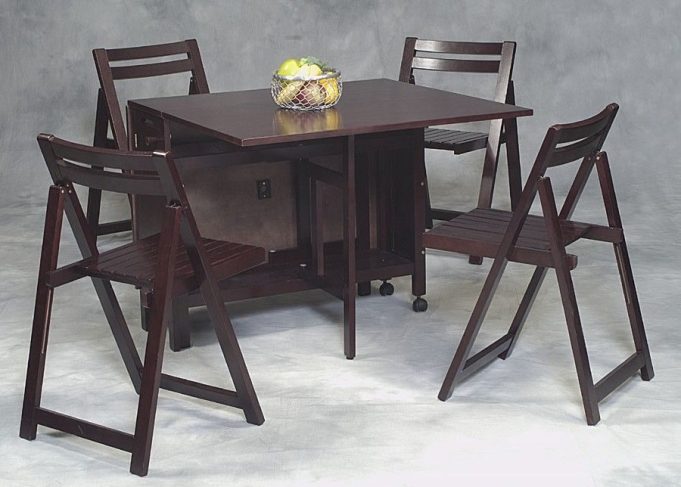In the bustling metropolis of the Philippines, where office spaces are often at a premium, the advent of folding tables has brought about a quiet yet significant revolution. These versatile and space-saving pieces of furniture have become a cornerstone of modern office design, offering practical solutions to the challenges of limited space, flexibility, and mobility that many Filipino businesses face. Let’s explore how folding tables are changing the game for offices across the Philippines.
Folding Table
Space is a precious folding table commodity in the Philippines, especially in urban centers like Metro Manila. Many offices, particularly startups and small to medium-sized enterprises, operate in compact areas where every square meter counts. Traditional desks and tables often take up valuable space, leaving little room for collaboration or movement.
Enter folding tables. These sleek, multipurpose tables can be easily folded and stored when not in use, freeing up valuable floor space. Employees can quickly set them up for meetings, brainstorming sessions, or training workshops, and just as easily fold them away when the task is complete. This flexibility allows offices to make the most of their limited square footage, creating dynamic work environments that adapt to the needs of the moment.
Versatility in Design
One of the key benefits of folding tables is their versatility in design. They come in a wide range of shapes, sizes, and materials, allowing businesses to choose the perfect fit for their space and aesthetic. From sleek, modern designs for tech startups to sturdy, classic styles for more traditional businesses, folding tables offer a solution for every office type.
Moreover, these tables can be easily customized to suit specific needs. Need a larger workspace for a team meeting? Simply connect multiple folding tables together. Want to create a collaborative work area? Arrange folding tables in a cluster for an open-concept layout. The possibilities are endless, giving Filipino offices the freedom to design their spaces in a way that promotes creativity, productivity, and collaboration.
Mobility and Flexibility
Another game-changing aspect of folding tables is their mobility. In a country where businesses often move from one rented space to another, the ability to easily transport furniture is invaluable. Folding tables are lightweight and compact when folded, making them easy to move from one location to another without the need for heavy lifting or professional movers.
This mobility also extends to the flexibility of office layouts. As teams grow or projects change, offices can quickly rearrange their folding tables to accommodate new needs. This agility allows businesses to scale up or down without the hassle and expense of purchasing new furniture or remodeling the entire space.
Reception Desk
For many Filipino businesses, especially startups and SMEs, cost-effectiveness is a top priority. Traditional office furniture can be reception desk a significant investment, especially for companies operating on a tight budget. Folding tables offer an affordable alternative without compromising on quality or functionality.
These tables are often made from durable materials such as steel, wood, or high-quality plastics, ensuring longevity and reliability. Their multi-functional design means they can serve multiple purposes, eliminating the need to purchase separate desks, conference tables, and workstations. In the long run, investing in folding tables proves to be a wise financial decision for businesses looking to maximize their resources.
Promoting Collaboration and Teamwork
Last but certainly not least, folding tables are catalysts for collaboration and teamwork in the modern Filipino office. Their flexibility and mobility encourage spontaneous meetings, impromptu discussions, and creative brainstorming sessions. Employees can easily gather around a folding table to share ideas, work on projects together, or simply connect on a more personal level.
Furthermore, the adaptability of folding tables allows businesses to create dedicated collaboration zones within their offices. These areas are designed to foster teamwork and innovation, providing employees with a space where they can freely exchange ideas and collaborate on projects.
Folding tables have indeed revolutionized the landscape of office spaces in the Philippines. From optimizing limited space to promoting collaboration and offering cost-effective solutions, these versatile pieces of furniture have become indispensable for businesses of all sizes. As the Filipino workforce continues to evolve and embrace modern work practices, folding tables stand as a testament to innovation, flexibility, and the power of efficient design in the workplace.

















